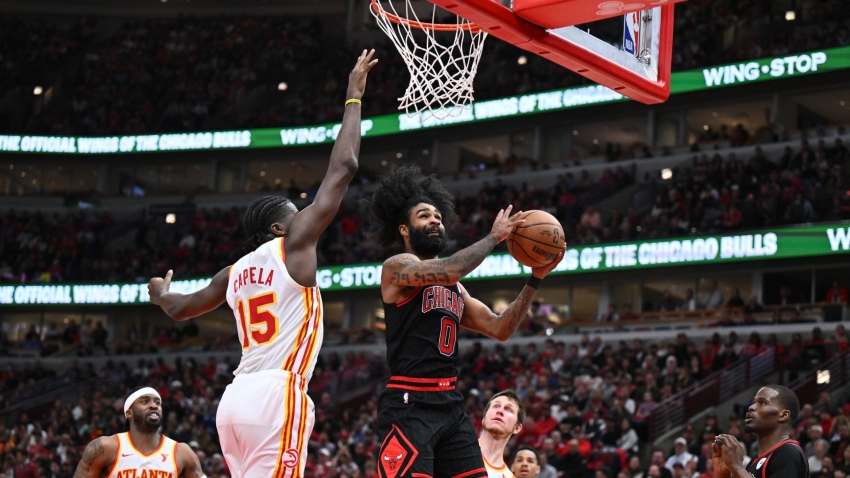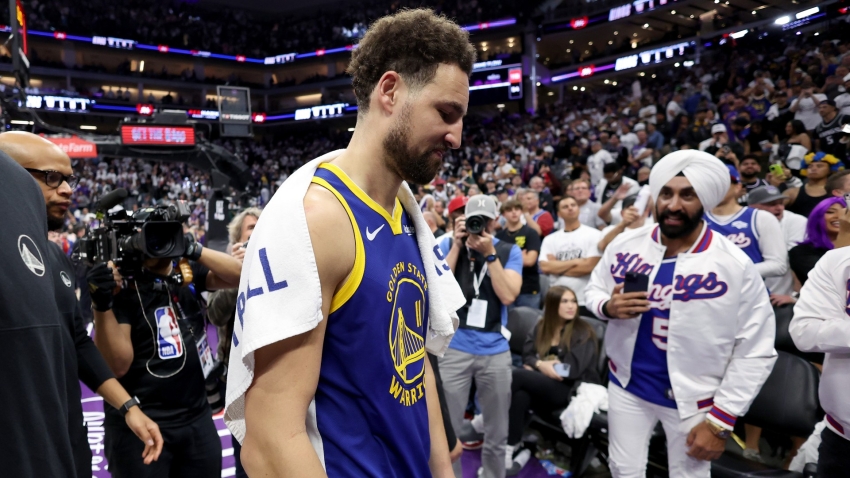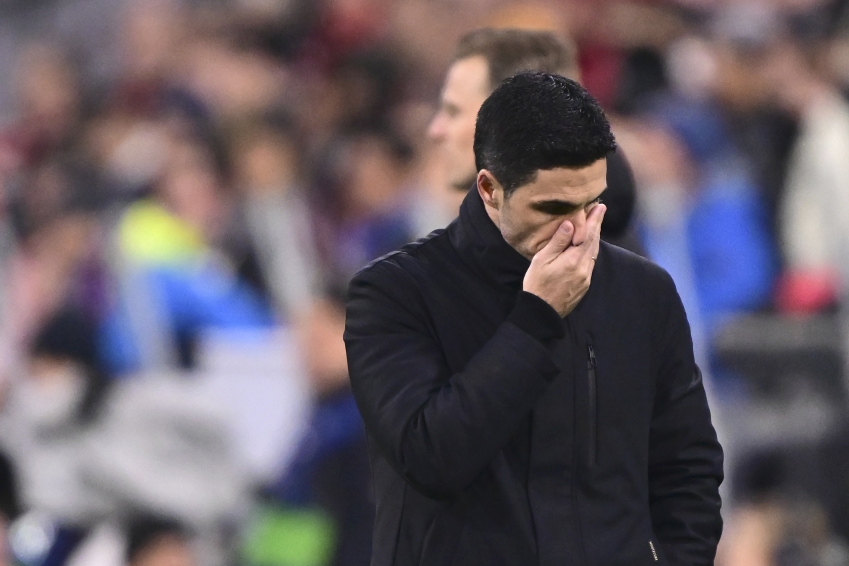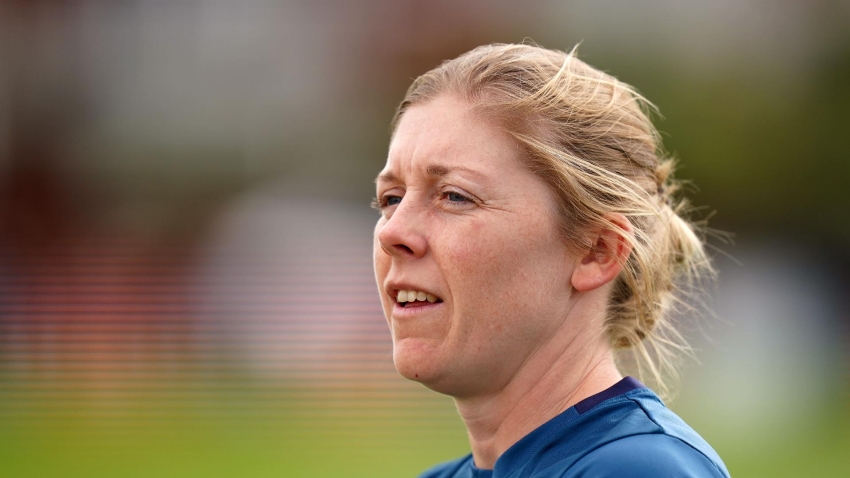Amir Khan insists he is innocent after receiving a two-year sports ban for an anti-doping violation.
UK anti-doping (UKAD) announced the ban on Monday, having informed Khan in April 2022 that tests carried out following his defeat to Kell Brook returned an Adverse Analytical Finding (AAF) for ostarine.
Khan accepted the charges, though claimed his ingestion of ostarine was unintentional, and his case was heard by an independent panel in January and February.
While Khan's statement that digestion was not intentional was accepted by the panel, they deemed he must serve a two-year ban and his result against Brook was disqualified.
The former Olympic medal winner continues to protest his innocence, while questioning why a ban is needed considering he has already hung up his gloves.
"I've never cheated. I'm a retired fighter and, at the same time, you can see by my performance against Kell Brook, it wasn't the best, I lost the fight," he told Sky Sports.
"If I went in and knocked him out, it's different. I've never cheated in my life, I'm the one who wanted the testing on the fight, and the amount that was in my system could have been from shaking people's hands.
"I don't know what drug was in my system.
"I've never cheated in my life. I'm a retired fighter anyway, so it's quite strange and funny that they've banned me for two years, I'm already retired anyway.
"I've got no comeback plans. I've never cheated and I never will, it's not something I would do."
Khan's ban commenced on April 6, 2022 and will expire on April 5, 2024.






























